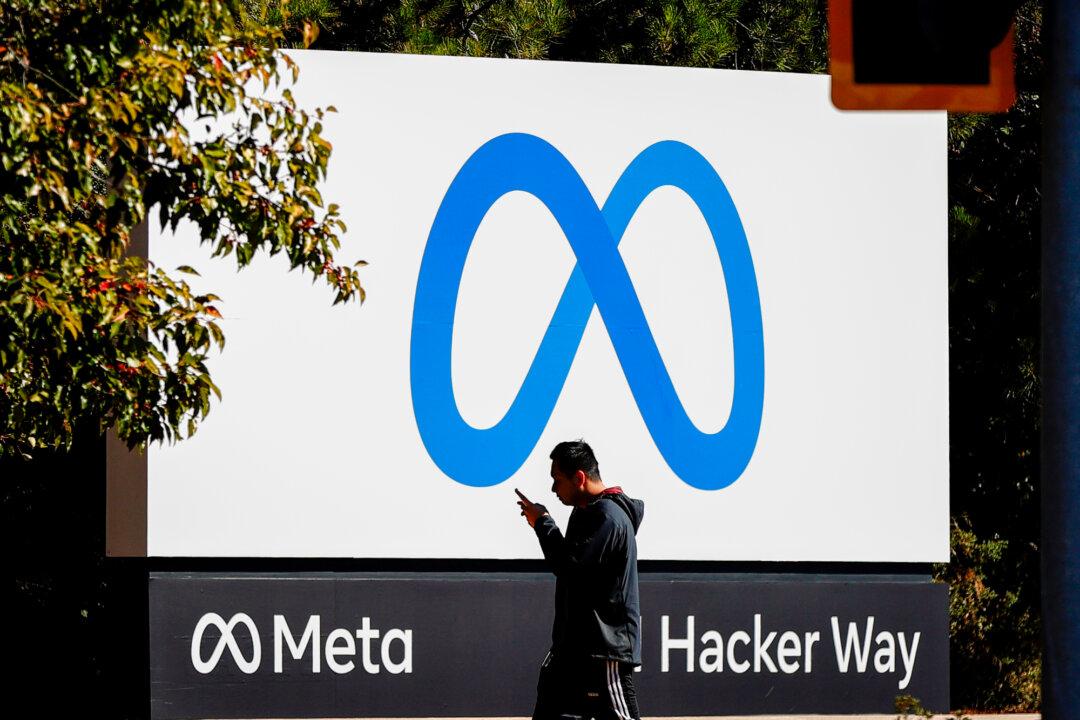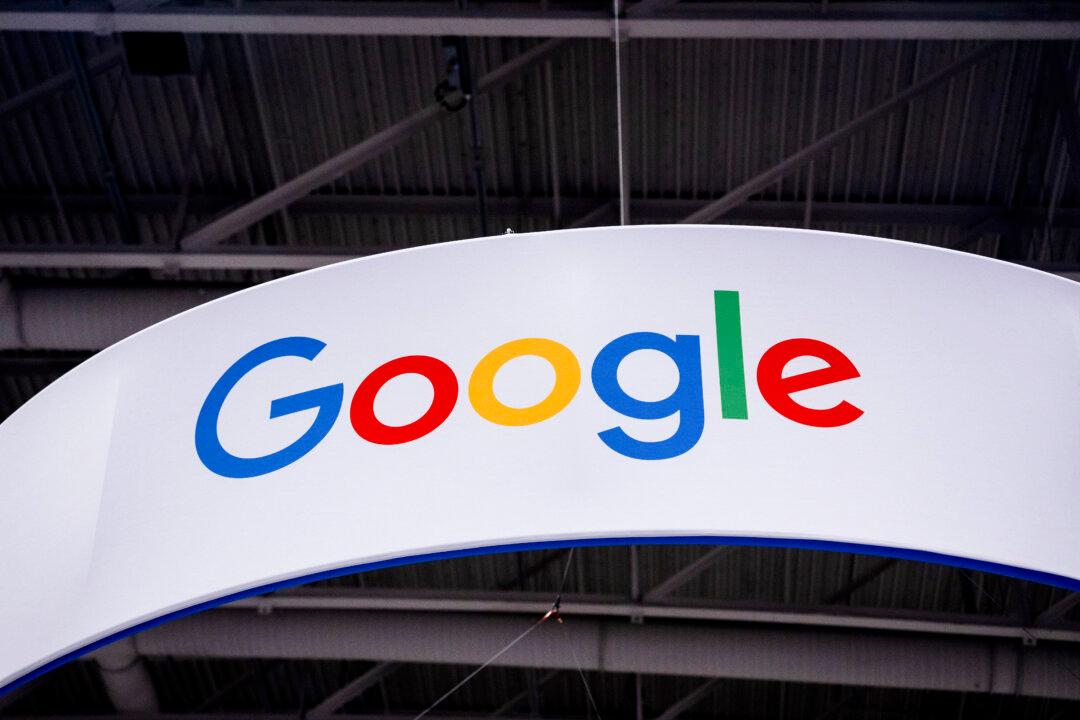Shares of Meta Platforms Inc. jumped more than 5 percent in the after-hours session on April 30 after the social media giant posted better-than-expected earnings.
Meta founder and CEO Mark Zuckerberg told Wall Street analysts during the company’s quarterly conference call that the strong first-quarter earnings were mainly due to solid gains in online ad sales across its social media platforms. In March, the company’s apps averaged 3.43 billion daily active users, up by 6 percent from a year ago.





